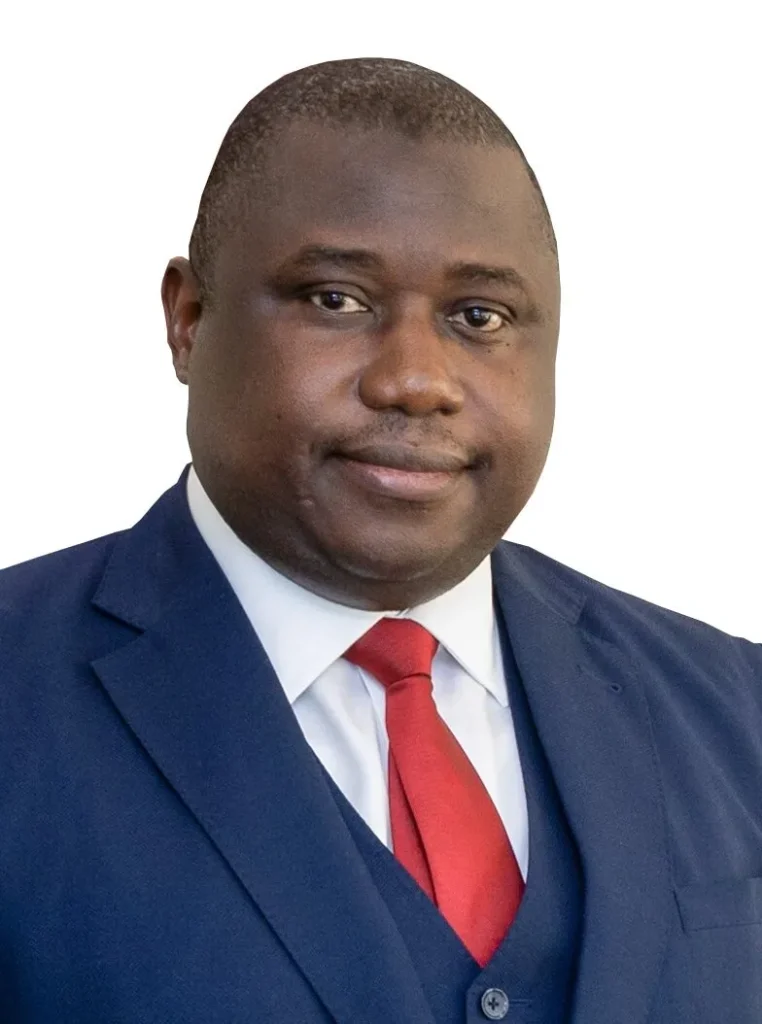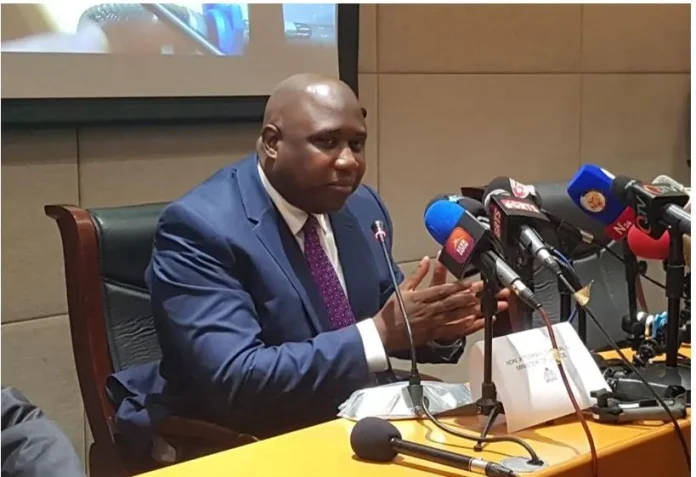
In the Acute Kidney Injury (AKI) case before Justice E. Jaiteh of the Banjul High Court on Friday, the three defendants (lawyer) said that the state was still in negotiations with the relatives of the victims.
The Medicines Control Agency, the Ministry of Health, and the Attorney General are the three defendants in the lawsuit against the Acute Kidney Injury (AKI) patients.
The 3rd, 4th, and 5th defendants’ attorney, Binga D., the director of Civil Litigation and International Law Department, informed the court that they had made great progress on the compensation problem and that the state was investigating it in order to provide a firm stance.
In order to resolve the case, plaintiff attorney Y. Senghore verified meeting with the defendant attorney and the Attorney General. She said that while they haven’t reached a settlement yet, they are open to one.
Counsel Y. Senghore informed the court, “The settlement outside the court does not bar the proceeding of the court in the matter.”
The sitting judge, Justice Jaiteh, said that the Indian government owed it to the enterprises operating there to ensure that they adhered to standards. He further threatened to bring India to justice if the Indian government failed to do so.
He went on to say that businesses who manufacture pharmaceuticals in India but exclusively sell them abroad cannot be tolerated by the Indian government.
Counsel Binga stepped in and said, “Diplomatic issues are involved in these matters.” We are unable to just stand up and sue the Indian government. We must adhere to procedure.
Counsel Y. Senghore said that the government of The Gambia has an obligation to know what sort of medications are brought into the nation, just as the Indian government had a duty of care and accountability.
The matter was postponed until January 31, 2024.


